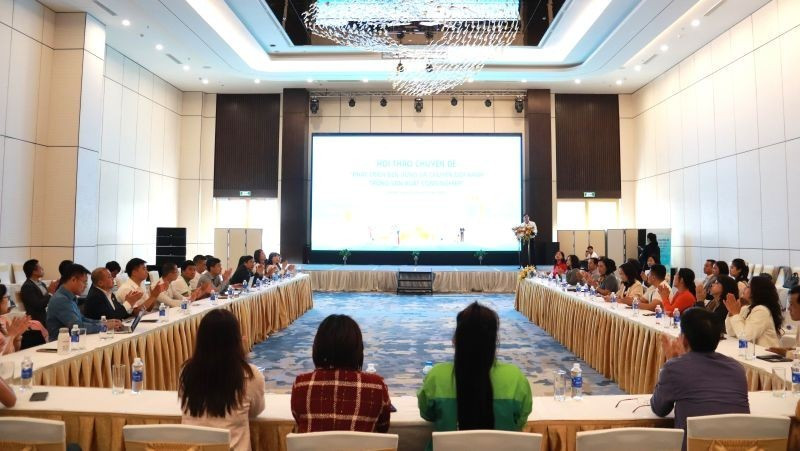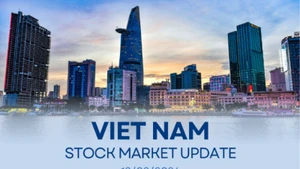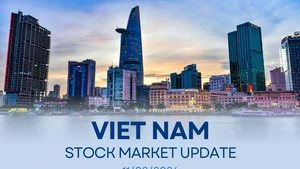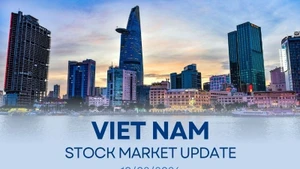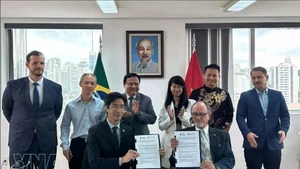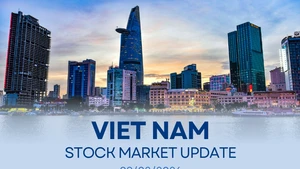The event, organised by the Department of Innovation, Green Transition and Industrial Promotion under the Ministry of Industry and Trade, served as an effective bridge, providing practical opportunities for enterprises and production facilities to understand trends in green transition and sustainable development.
Speaking at the event, Nguyen Thi Lam Giang, Director of the Department of Innovation, Green Transition and Industrial Promotion, emphasised that in the context of globalisation and deep international integration, green transition and sustainable development have become urgent requirements. Industrial sectors must innovate technologically, move towards cleaner production, and adopt circular economy models.
She noted that this seminar aims to help enterprises design appropriate transition roadmaps tailored to their operations, thereby enhancing competitiveness and promoting long-term sustainable growth.

At the seminar, Pham Truong Son, a representative of the department, highlighted that at COP26 (2021), Viet Nam made a historic commitment to achieve net-zero emissions by 2050 — a turning point in development policy, marking the shift from a “carbon-based economy” to a green and circular economy.
To realise this commitment, Viet Nam has swiftly translated it into action through a comprehensive system of policies and legal frameworks. The Law on Environmental Protection 2020 devotes, for the first time, an entire chapter to climate change response, with specific provisions on greenhouse gas inventories, emissions reduction, carbon market development, and green finance mechanisms.
Tran Thu Hang, representing the Energy Efficiency and Green Transition Division, underscored that sustainable development has become an inevitable requirement of industrialisation worldwide.
“Sustainable development is not only a long-term goal but also an essential pathway for the industry and trade sector to enhance competitiveness and ensure harmony between economic growth and environmental protection,” she stressed.
According to Hang, in the context of deep international integration, Vietnamese enterprises must view green transition as an integral part of their development strategy, not merely a compliance obligation. Priority should be given to improving the national legal policy framework to enable ministries, localities, and enterprises to proactively implement sustainable development programmes and models.
She also highlighted the importance of international cooperation as a key channel for mobilising global resources and expertise to support the implementation of priority policies and programmes on sustainable development and green transition across the industry and trade sector.
These solutions are expected to play an important role in advancing Viet Nam’s green growth goals, reducing greenhouse gas emissions, and strengthening the position of the industry and trade sector in the nation’s sustainable development process.
